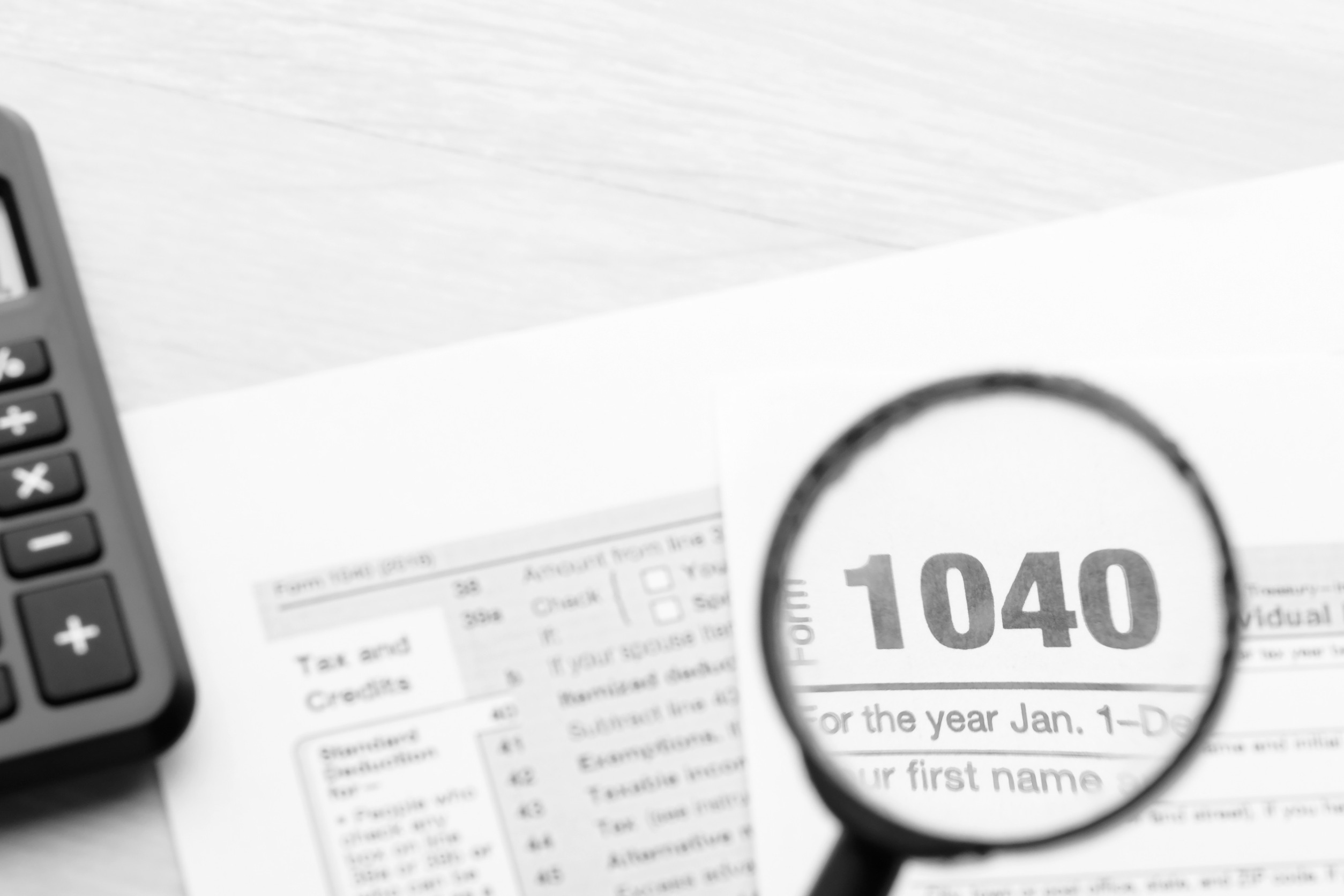Do you keep your receipts? For appliances and other large purchases, I keep them for approximately a month—long enough to verify I’m keeping the item and that the charge cleared my credit card. However, I recently learned a painful financial lesson that taught me that I should keep certain receipts indefinitely.
3 Reasons to Keep Your Receipts
There are three reasons to keep your receipts.
Appliances: Keeping a Receipt Would Have Saved Us $200
Last year when we bought our new house, we bought a $200 dehumidifier for our basement. This appliance worked well for ten months. Then, the coils started icing up and not thawing; the machine started leaking, and the water bucket, which would fill up twice a day during the summer, barely filled.
I read the owner’s manual, but the company gave no solution for our appliance’s specific problems. Then, I searched online for explanations. I cleaned the dehumidifier thoroughly, but still, no difference.
When I checked the manual once more, I saw that the company would replace a defective appliance if
- It had been purchased less than one year ago
- The customer had the original receipt
That’s tricky. If you don’t keep the receipt, you’re out a free replacement device. Of course, I no longer had the receipt.
Dave Ramsey is fond of saying people have to pay “stupid tax” sometimes, and this dehumidifier taught me a lesson through the pain of stupid tax.
Even though I don’t like filing and keeping paper records anymore, I will keep the receipts and attach them to the owner’s manual. Then, I will have them should another appliance break down.
Keeping Receipts for Insurance Purposes
Another reason to keep receipts is for insurance purposes. You may need these to submit for reimbursement for medical expenses or a Flexible Spending Account (FSA). Likewise, if you have many uncovered medical bills, you can deduct them from your income tax if they exceed 7.5 percent of your gross income.
Keeping Receipts for Taxes
My friend’s husband runs a business but is lazy about keeping the receipts. Come tax time, he misses out on valuable deductions because he lacks receipts.
Besides tax deduction evidence, if you have business expenses, you’ll want to keep those receipts for at least six years, which is the amount of time the IRS has to audit you. Without the receipts as proof, you may look like you’re doctoring your tax records, which can result in penalties and fees.
Final Thoughts
There are other reasons to keep your receipts such as fighting credit card fraud if your card has been compromised or if you need to return or exchange an item at the store. However, the leading 3 reasons to keep your receipts can cost you a lot of money if you don’t—for items under warranty, medical expenses, and tax purposes. I’ve learned my lesson and will keep my receipts going forward.
Read More
3 Reaons Why We Didn’t Get a Home Warranty
5 Tax Mistakes We Made Each Year
How To Look Up Your Receipt For WALMART In-Store Purchases
Melissa is a writer and virtual assistant. She earned her Master’s from Southern Illinois University, and her Bachelor’s in English from the University of Michigan. When she’s not working, you can find her homeschooling her kids, reading a good book, or cooking. She resides in New York where she loves the natural beauty of the area.


